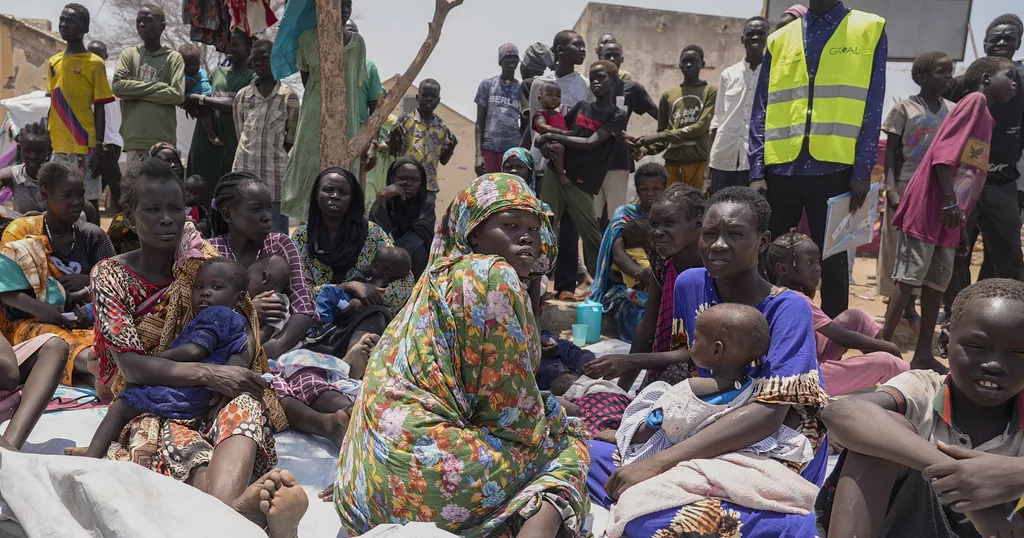Clementine Nkweta-Salami, a top United Nations official has described the situation in Sudan as dire, as citizens face brutal violence, famine, disease, and displacement affecting almost 9 million people.
The Cold War between the nation’s military and paramilitary forces since April 2023 has led to 14,000 deaths and 33,000 injuries.
Reports say the Rapid Support Forces (RSF) control most of Darfur and are besieging the capital, El Fasher.
Nkweta-Salami stressed the need for humanitarian aid as widespread starvation and death linger. More funding is needed to address the crisis.
So far, only 12% of the U.N.’s $2.7 billion in humanitarian appeal for Sudan to help nearly 15 million out of the country’s 58 million people has been funded. Donors pledged $2.1 billion in humanitarian aid for Sudan on April 15.
“Without more resources, we won’t be able to scale up in time to stave off famine and further deprivation,” she warned.

According to the U.N. World Food Program’s regional spokesperson, Leni Kinzli, at least 1.7 million people in Darfur were experiencing emergency levels of hunger in Sudan in December, and the number is expected to be “much higher” now.
“People are resorting to consuming grass and peanut shells,” Kinzli said. “And if assistance doesn’t reach them soon, we risk witnessing widespread starvation and death in Darfur and across other conflict-affected areas in Sudan.”
Nkweta-Salami is advocating for more aid deliveries from Chad and unrestricted access to the millions in need.
She said food, water and medicine are desperately needed in El Fasher, which is now surrounded.
Citing the difficulties faced by the U.N. and other agencies, Nkweta-Salami said a U.N. convoy with more than a dozen trucks carrying critical supplies for 120,000 people left Port Sudan on April 3 but still hasn’t reached El Fasher because of insecurity, checkpoints and delays in getting clearances.
She beckoned on the parties involved in fighting in and around El Fasher to step back to prevent what could turn out to be “a catastrophic impact on the civilian population.”


